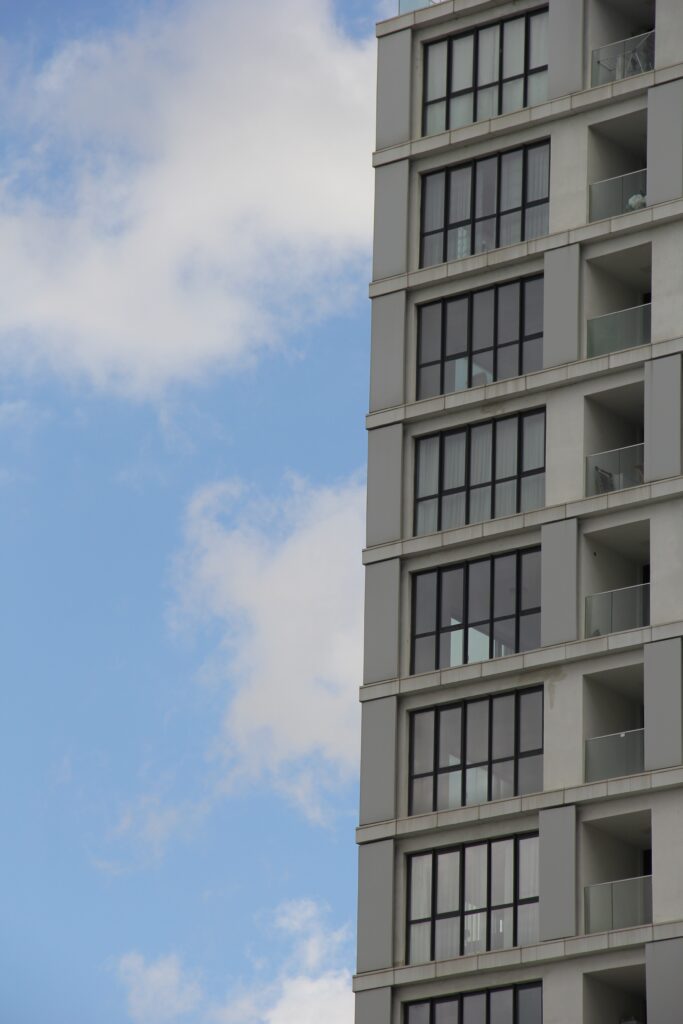1. Oversupply
One of the most significant factors that can stall price appreciation is an oversupply of properties. When the supply of properties is more than the demand, the value of the property decreases. As a result, you might not get the ROI that you anticipated. That’s why it’s crucial to do your research on the market demand and supply dynamics before making an investment. Look for neighborhoods that have high demand and low supply. This can increase your chances of getting a good return on investment.
2. Economic Downturns
Another factor that can stall price appreciation is an economic downturn. An economic recession can cause the property values to drop, meaning you may have to hold on to the property for a longer time to get your desired return on investment. To mitigate these risks, it’s essential to choose markets that have a robust foundation. You can identify such markets by doing thorough research on economic indicators such as unemployment rate, job growth, and local GDP.
3. Changes in Interest Rates
Interest rates can have a considerable impact on the real estate market. When interest rates rise, the cost of borrowing also increases, making it more difficult for potential buyers to afford financing. This can lead to a decrease in demand, causing property values to decline. On the other hand, a decrease in interest rates can lead to an increase in demand and higher prices. Thus, when deciding to invest in pre-construction, keep in mind the interest rate trends, and seek out mortgage experts’ insights on the market outlook.
4. Changes in Regulations
Changes in regulations can also considerably affect the real estate market. For instance, government intervention that introduces new taxes and levies on properties can increase the financial burden on property owners. Moreover, zoning requirements that impose restrictions on property use can also reduce the value of the property. As a result, before making an investment, it is essential to research any proposed regulations within the market. A good understanding of the market regulations can help you make better investment decisions.
5. Area demand and condition
Lastly, the condition and demand for the neighborhood where you plan to invest can also make or break your investment. You should do market research to determine how attractive a neighborhood is to potential buyers. The view and ambiance of the area, level of development, proximity to amenities, and comparable nearby properties all play significant roles in determining demand and, therefore, the appreciation potential.

